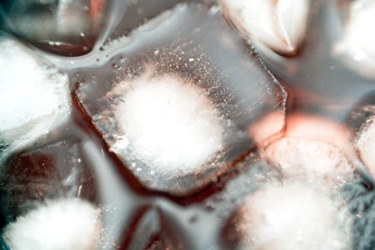Lyophilization: Protecting And Preserving Biologics
By Mariko Finnley, General Manager and Site Head, Curia Camarillo

Lyophilization, or freeze-drying, is a pivotal technique in the manufacturing of biologic drug products, which are used to treat complex diseases such as cancer and autoimmune disorders. These biologics are notoriously difficult to stabilize, requiring meticulous processing to maintain their potency and efficacy.
However, this process is not without its challenges. Improper lyophilization can lead to protein aggregation or loss of drug activity, significantly impacting the efficacy and safety of the final product. To avoid such pitfalls, manufacturers must precisely control formulations, freezing, and drying conditions, carefully managing temperature and pressure throughout the process. Scaling up lyophilization for commercial production is also complex and time-consuming, necessitating rigorous optimization to ensure consistent, high-quality results.
Despite these hurdles, lyophilization is indispensable in biologics manufacturing, facilitating the global distribution of stable drug products without the need for extensive cold chains. As the demand for biologics continues to rise, enhancing lyophilization processes will be crucial to meet the needs of patients worldwide, supporting the success and sustainability of this vital industry.
Mariko Finnley, General Manager and Site Head for Curia Camarillo, underscores the importance of lyophilization in her extensive work in formulation development and cGMP drug product manufacturing.
Get unlimited access to:
Enter your credentials below to log in. Not yet a member of Bioprocess Online? Subscribe today.
